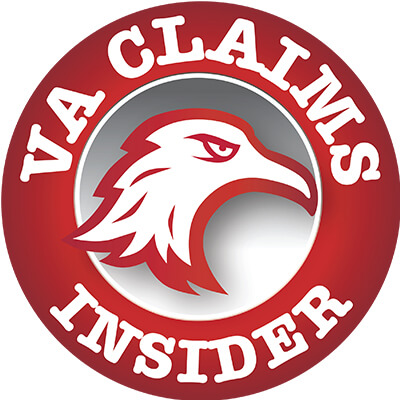Looking for Expert-Level VA Claim Answers?📱Call Us Now! 737-295-2226
Under certain circumstances, the VA may refer a case for “extra-schedular ratings” consideration, meaning symptoms extend above and beyond the rating code for that disability. Sometimes a disability has unique manifestations that are above and beyond what the rating criteria analyze. These manifestations can have a devastating impact on the veteran’s ability to work.

Veterans Extra-Schedular Ratings
Extra-Schedular Ratings can be used when a Veteran’s symptoms exceed that of what they are receiving compensation for. This can be in the form of “exceptional or unusual disability picture with such related factors as marked interference with employment or frequent periods of hospitalization as to render impractical the application of regular schedular standards.” 38 C.F.R. § 3.321(b)(1). By being forced to go to extra measures for your disability, you could qualify you for an “extra-schedular” rating, resulting in increased compensation.
Your disability must be approved by the VA with a connection to service. If your disability has unique characteristics above what the VA analyzes for, this includes the inability to work, then your case may be considered for “extra-schedular ratings” consideration. This means your symptoms extend above what the normal rating is for the disability.
How to qualify?
There is a three-step process to qualify for an extra-schedular rating.
- Determine the severity of the disability and if the adequate rating is given.
- If the disability warrants frequent hospitalization or missed work.
- If both of these criteria are met, then the case is sent to a Board to determine if the rating is adequate.
The review done of your case is done primarily through evidence provided. The court encourages Veterans to submit medical and vocational evidence, as well as a buddy letter to support their claim.
Each Service-related Disability
A Veteran can file for an extra scheduler rating for each service-related disability. As long as they qualify for two things. The evaluation of their disability is not correct. And, the disability is so unusual because of related factors. These factors would be interfering with work or frequent hospitalization.
You can read more about the VA’s recent ruling here.
Veterans do not have to stay with an inadequate VA rating. The evaluation should now better account for an “exceptional or unusual disability” which interferes with work or hospitalization.
About the Author

About VA Claims Insider
VA Claims Insider is an education-based coaching/consulting company. We’re here for disabled veterans exploring eligibility for increased VA disability benefits and who wish to learn more about that process. We also connect veterans with independent medical professionals in our referral network for medical examinations, disability evaluations, and credible independent medical opinions and nexus statements (medical nexus letters) for a wide range of disability conditions.




